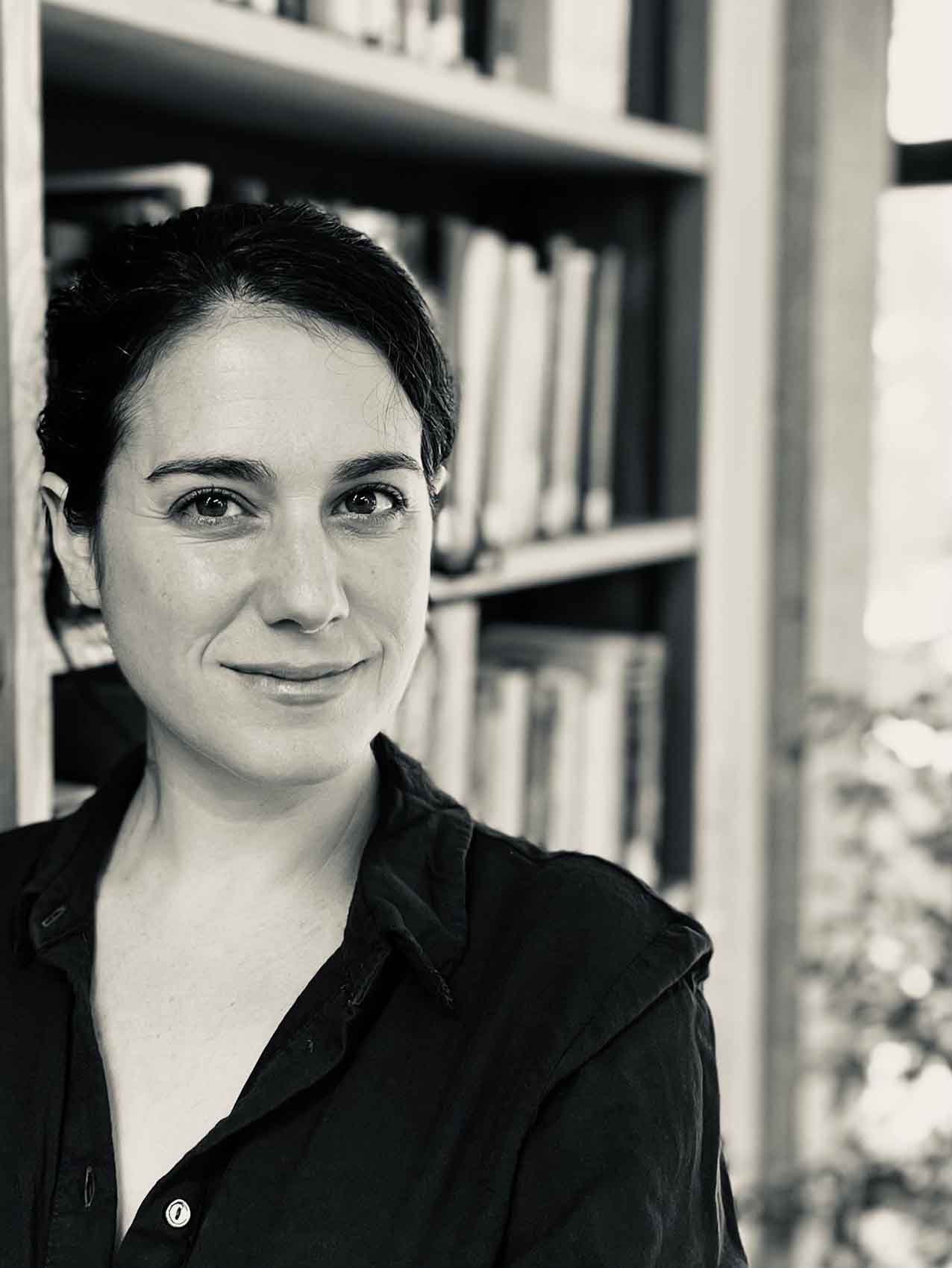Dr Avital Rom

Year started
2022
Subject
Chinese History
Fellow Type
Junior Research Fellows,
Dr Avital Rom is the Gulbenkian Junior Research Fellow at Churchill College, and a Leverhulme Trust Early Career Fellow at the Faculty of Asian and Middle Eastern Studies, University of Cambridge. She specialises in early Chinese cultural history. Her research focuses, more specifically, on the social and political aspects of hearing, sound, and silence in early China (roughly 4th century BCE – 2nd century AD).She earned her BA in East Asian Studies (2013) from Tel-Aviv University; and her MPhil (2015) and PhD (2020) in Chinese Studies from the University of Cambridge. Following her graduation, she held brief postdoctoral positions at the Needham Research Institute, Cambridge (2021) and the Hebrew University of Jerusalem (2021-22). Her research to date has been published in the peer-reviewed journals Early China (CUP, 2017) and the Journal of Chinese Military History (Brill, 2020, winner of the Edward L. Dreyer prize for the best article in Chinese military history by an early career-scholar).
Currently, Avital is finalising the manuscript for a monograph based on her doctoral dissertation, titled Polyphonic Thinking: Music and Authority in Early China (upcoming, Brill). The study examines the rhetorical and political functions of music in the Warring States (453-221 BCE) and Western Han (206 BCE – 9 CE) periods. She is further researching the social history of deafness in early China; and editing a volume on the history of disability in ancient China, titled Other Bodies: Disability and Bodily Impairment in Early China (upcoming, Routledge).
Avital has been supervising and teaching courses at the Department of Chinese, University of Cambridge, since 2016. The subjects she teaches currently include Classical Chinese, Chinese Art and Material Culture, and Chinese Dynastic History.
